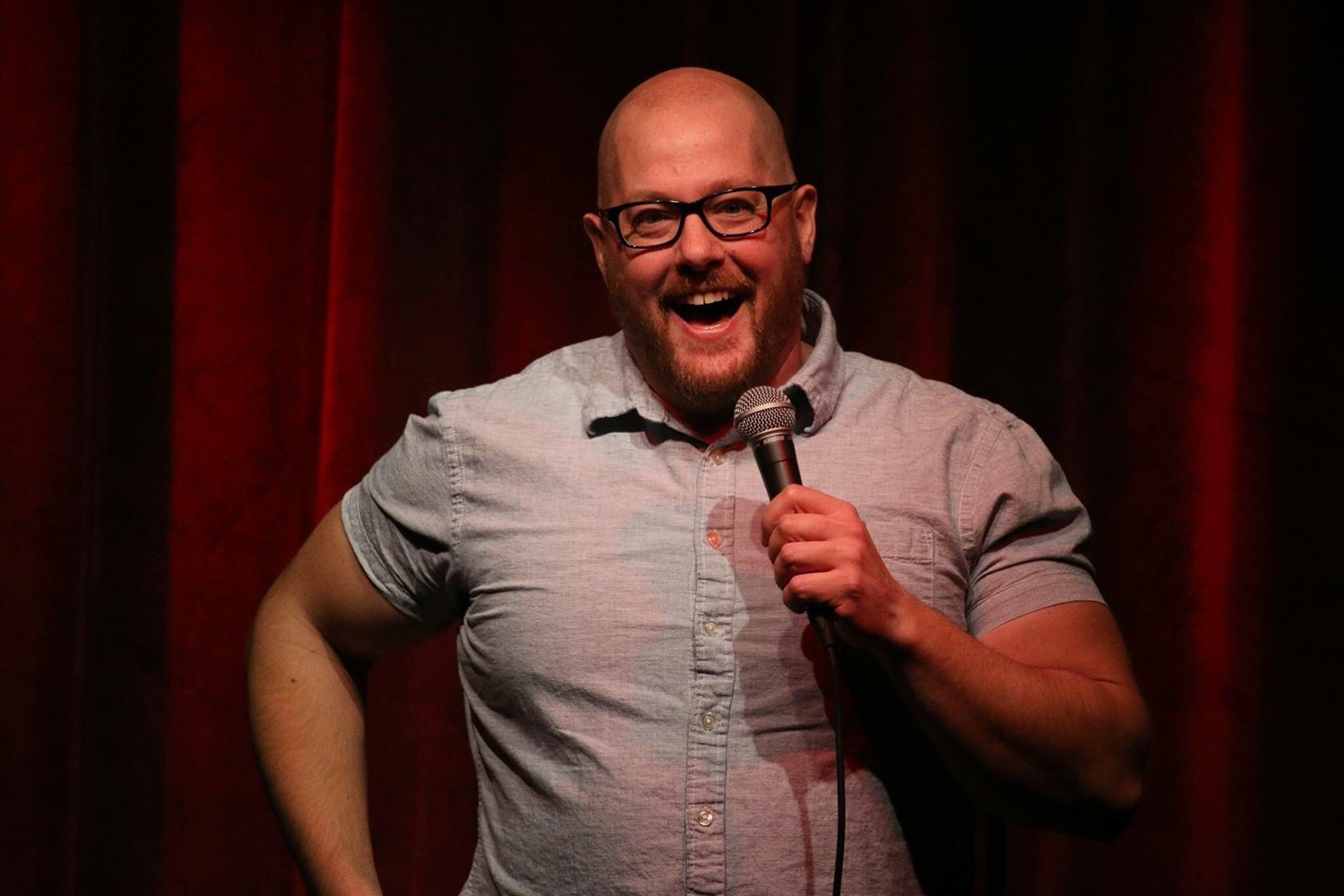A Profound and Moving Conversation About Cancer, Dr. Azra Raza’s Research, and Her Life Experiences
A Bit More About Dr. Azra Raza
Dr. Azra Raza is the Chan Soon-Shiong Professor of Medicine and Director of the MDS Center at Columbia University in New York. She is considered an international authority on pre-leukemia (MDS) and acute leukemia and is one of those rare physician-scientists who divide their time equally between caring for patients and supervising a state-of-the-art basic research lab which is well-funded by multiple large grants.
Dr. Raza started collecting blood and marrow samples on her patients in 1984 and now her Tissue Bank, the largest and oldest in the country with >60,000 samples, is considered a unique national treasure. Dr. Raza has published her original clinical and basic research comprising over 300 peer-reviewed manuscripts in high profile journals like Nature, New England Journal of Medicine, Cell, Molecular Cell, Cancer Research, Blood, Leukemia. She is the author of The First Cell: And the Human Costs of Pursuing Cancer to the Last published October 2019.
Here are Ron’s questions from the interview:
Welcome to TSOE, Azra. It is such an honor to get to speak with you. Before we get into your book, during this COVID crisis, how are you holding up, personally?
Do you still have to see some patients for cancer treatments?
The First Cell: And the Human Costs of Pursuing Cancer to the Last, Amazons Best Science book of 2019.
Azra, we were introduced to you and your book from Russ Robert’s podcast, EconTalk, Ed’s and my favorite podcast. We jokingly refer to TSOE as the “poor man’s Econtalk.” I read your book after hearing the interview, and Russ Roberts said it best: Your book is hard to read, and harder to put down.” It is beautifully written. I had to stop to cry many times, I lost count. It’s so human, so profound, thank you for writing it and educating us lay people on the effects of cancer. Let’s start with what type of cancer you specialize in.
You actually started in pediatric oncology and couldn’t handle it, is that right?
You write, Today, one in two men and one in three women will get cancer. Nearly 18 million worldwide. You wrote:
My surroundings may not have changed much, but my perceptions have.
Like the difference between illness and disease; between what it means to cure and to heal; between what it means to feel no pain and to feel well.
I have felt like a fraud, a posturing intellectual phony. In the march to death, I have begun to catalog the tragedies of survival.
That is profoundly self-introspective. What brought on these feelings?
You write that “treatments for cancer haven’t changed in 50 years. Cancer treatment was just as primitive a century ago. With minor variations, a protocol of surgery, chemotherapy, and radiation—the slash-poison-burn approach to treating cancer—remains unchanged. It is an embarrassment. Equally embarrassing is the arrogant denial of that embarrassment.” Azra, why is that?
Azra, before we get into the more hopeful things, I just want to ask you one more thing. You say no one is winning the war on cancer. It is mostly hype. I would think most folks probably think since president Nixon declared a war on cancer progress we have been making progress. What’s the disconnect there?
Let’s pivot to your strategy and the name of your book. You think the strategy is to stop chasing after the last cancer cell and focus on eliminating the first. You believe experiments with animals, mice in particular, don’t teach us much on how treatments will work in humans. Is it really possible, Azra, with your strategy to reduce cancer deaths by 75 percent?
When you say the first cell, you quoted one of your colleagues who basically said that early detection screening for cancer has not fulfilled our expectations, PSA tests, things like that. You’re actually talking about things that are being worked on like a machine that automatically images your body while you are in the shower, or wearing a smart bra that has two hundred tiny biosensors, and other ways of measuring things from your urine, blood, and saliva. You’re optimistic that some of things they are working will come to fruition?
Azra, is a cancer vaccine possible?
Azra, this was painful for me to read: “I wish I felt like an exceptional oncologist. Most days, I feel like a complete failure.” I have to tell you, even though I know you work against great odds, my Mom is a three-time cancer survivor, she had Uterus, Breast, and liver cancer. Her oncologists are heroes to me, because she’s still living at 87. You tell a story at the end of the book about walking in the mall with your older sister and your brother, Tasnim, a cardiac surgeon at Buffalo General Hospital, and people were running up to him and hugging him. Your mother said: “You have been in Buffalo for almost ten years. I have never met any of your patients. Why are heart patients doing so much better than cancer patients?” Wow, that’s profound.
Azra, we’re at the end of our time together, and I just wanted to point out the other thing I learned from your book that I just loved, I didn’t know that “The response to a greeting from a younger person in Arabic is often, ‘May you live to bury me.’ That is beautiful. Ed will take you home, thank you so much for appearing on TSOE.
…and here are Ed’s questions:
I learned so much about cancer from your book. The thing that struck me was the complexity of cancer. As a layperson, I think we look at disease as monolithic. You write in the book, “If you biopsy a patient with breast cancer twice in the same day, once in the breast and once in the lymph node, you can get cancer cells with different sequences.” So cancer is not the same in the same person even hours apart, or even in different parts of their body. I never realized the level of complexity, can you expound on that?
You mention the four different causes. Do we think those different causes cause the different forms of cancer, or could all four of those cause similar cancers?
The complexity of what is happening with COVID is an example of a macrocosm of the cancer cell. It is so complex, and you are talking about small little cells in the body, and now we are trying to figure this out for all of society. I just thought it was an interesting parallel.
Would you address the so-called CAR-T therapies that are being developed?
Another treatment going after the last cell rather than the first cell, hence the name of your book. Hopefully for the second half of our conversation we can begin to transition over to the positive side of things and what you’re doing to get people to think about this differently.
I wanted to take us in a different direction. I was intrigued about smart bras, etc., to detect cancer. Are there privacy concerns with this scanning, like with 23andMe worries about some insurance company is going to find about the results. Are there are any privacy concerns we have to worry ourselves with regards to this type of screening?
Talk a little about the research lab you run. You created this lab two decades ago, is that correct?
I wish I had $200 million to give you. Hopefully, we’ll help get your message out. Is there anyone else who has done anything similar?
One of the things that is also great about your book is it is peppered with great references to literature, I know it’s something you are very passionate about. I’m a word guy as well, and I found the whole thing about “pharmakon,” the Greek word meaning remedy, poison, and sacrifice. Do I have that right?
One of the things I wanted to share with you, is the importance of art and literature in the treatment of us as human beings. I also saw this in one of your videos as well, the whole notion of sacrifice came out, I was reminded of the William Butler Yeats poem, “Easter 1916,” I’m going to share part of it with you that I’ve committed to memory:
Too long a sacrifice
Can make a stone of the heart.
O when may it suffice?
That is Heaven's part, our part
To murmur name upon name,
As a mother names her child
When sleep at last has come
On limbs that had run wild.
What is it but nightfall?
No, no, not night but death;
Was it needless death after all?
For England may keep faith
For all that is done and said.
We know their dream; enough
To know they dreamed and are dead;
And what if excess of love
Bewildered them till they died?
I write it out in a verse—
MacDonagh and MacBride
And Connolly and Pearse
Now and in time to be,
Wherever green is worn,
Are changed, changed utterly:
A terrible beauty is born.
Dr. Raza ended by citing Emily Dickinson’s poem, “I measure every Grief I meet”:
I measure every Grief I meet
With analytic eyes –
I wonder if It weighs like Mine –
Or has a different size.
I wonder if They bore it long –
Or did it just begin –
I cannot find the Date of Mine –
It been so long a pain –
I wonder if it hurts to live –
And if They have to try –
And whether – could They choose between –
They would not rather – die –
Bonus Content is Available As Well
Did you know that each week after our live show, Ron and Ed take to the microphone for a bonus show? Typically, this bonus show is an extension of the live show topic (sometimes even with the same guest) and a few other pieces of news, current events, or things that have caught our attention.
Click the “FANATIC” image to learn more about pricing and member benefits.










